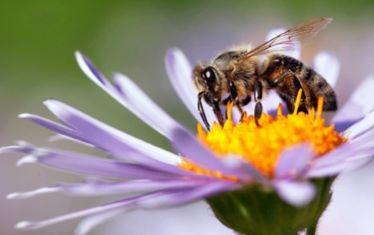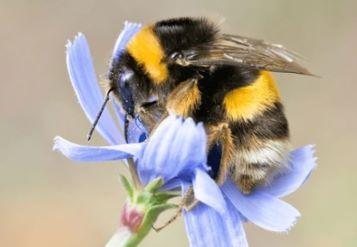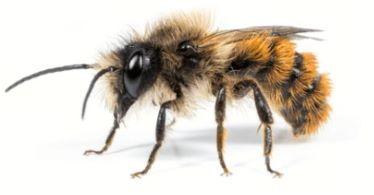Bee advice
About the Bees
The most common bees in the UK are the:
- Honey Bee

- Bumble Bee

- Solitary/Masonry Bee

They are not a significant health risk except to the very small proportion of people who are allergic to their sting, however they will not sting unless provoked Bees have seen a significant decline in their numbers and are as a result endangered. This is of concern as they are a significant pollinator of plants, including food crops. As a result reputable pest contractors will not treat for bees unless there is a significant risk to health due to their location, hive size and other relevant factors.
It is common for honey bees to be misidentified by the public as wasps. A professional pest contractor should be able to identify the insect.
If the bees are identified as honey bees then you may wish to contact the British Beekeepers Association. They may be able to recommend a local swarm collector who would likely collect the swarm free of charge. Due to their low risk to the public and their beneficial nature it is recommended that bees are left alone. Usually colonies form in spring and will decline by the end of July. Once gone they will not return to the same nesting site the following year.
DIY treatments are not advisable. If carried out incorrectly they can put you at risk especially if treating from a ladder or in an enclosed space. In addition there is a danger of using pesticides inappropriately and risking the contamination of a local commercial honey bee hive by exposing foraging drones to poison which they would then take back to their hive. This has resulted in convictions in the UK.

